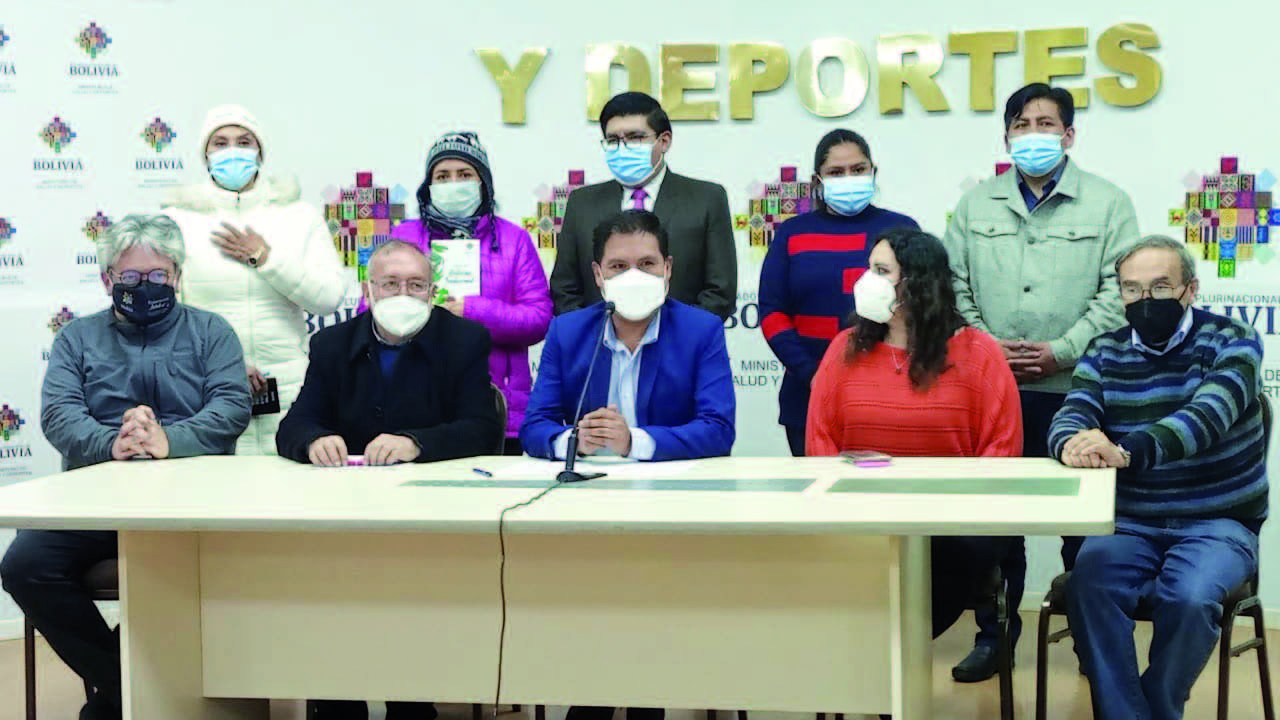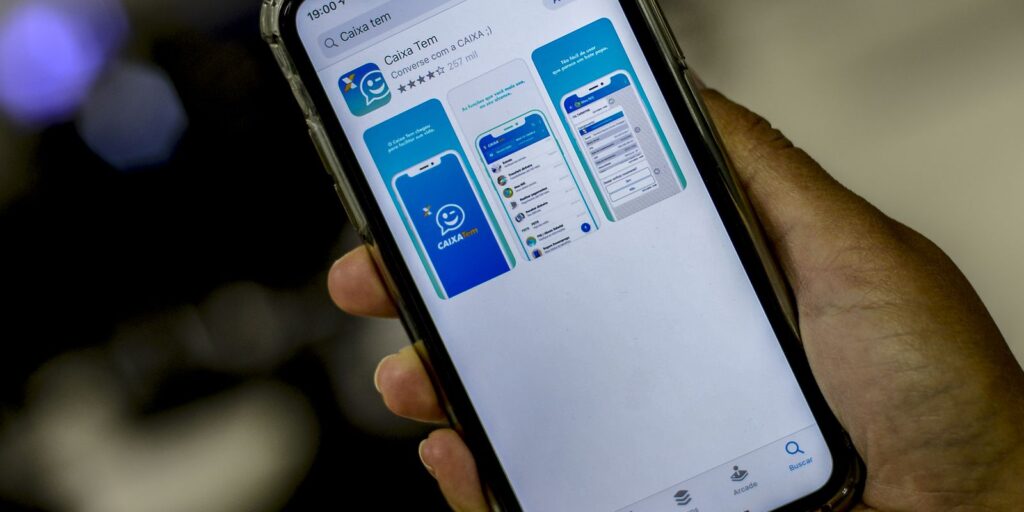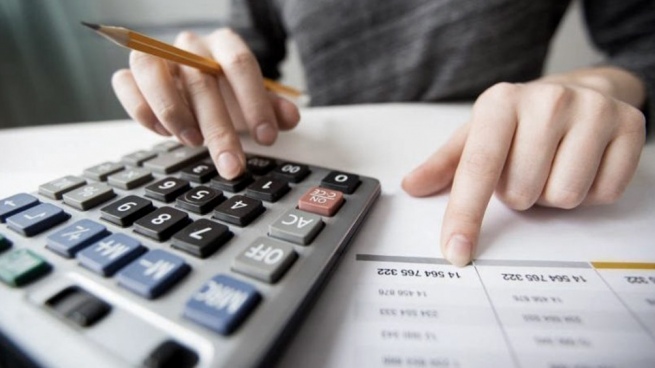Jorge Quispe / La Paz
Given the outbreak of Covid-19 cases, which last night reached 6,149 positives in the country, the National Strategic Council under the Ministry of Health decided to declare a National Health Emergency in Bolivia, announced the head of that portfolio, Jeyson Auza. The measure will allow the control of drug prices, prohibits previous payments in clinics and medical supplies will be imported exempt from taxes.
“The advice has been received, the determination of the National Strategic Council that this ministry declare a National Health Emergency and extraordinary measures will be applied during this period under Law 1359,” said Auza, accompanied by the members of said body of experts.
The measures will allow territorial entities to face the fourth wave of the pandemic with resources and logistics and the Government will guarantee the provision of tests and vaccines, added Auza.
Drug control
The minister confirmed that national, industrial and import laboratories must present the list of maximum prices for the sale of medicines. This work will also be coordinated with the State Agency for Medicines and Health Technologies, which “will approve and publish the list of maximum prices for medicines.”
This determination will try to avoid speculation on drug prices, which soared in 2020.
In addition, to obtain health records there will be an abbreviated procedure for issuing such authorizations, announced Auza.
Protected by Law 1359 on Health Emergency, which in February was resisted by doctors, the minister announced that the suspension of health services is prohibited “for no reason may they interrupt health services” in the national system while the Emergency lasts. National Health.
There will be no advance charges
In 2020, some private clinics requested advances from patients’ families, but now that will not be allowed.
“No prior deposits, guarantees or any advance payment may be required in private premises,” said Auza.
The norm authorizes municipal and departmental governments to directly contract goods and services “aimed at prevention and timely care of the population.”
Regarding the hiring of medical personnel, the terms and requirements may be shortened as explained by the Health authority.
Auza announced that customs clearance of the different medical supplies, equipment, reagents and others must be carried out within 24 hours at the most.
In addition, the importation of covid diagnostic tests will be “exempt from paying customs taxes,” he said.
Hopeful fact
Despite the fact that 6,149 cases were detected yesterday, the highest number since the coronavirus pandemic broke out in 2020, Auza stressed that there is hopeful data.
“Although the cases rose, a hopeful figure is the fatality that did not reach 1%, we are 0.9% fatality, however, that cannot create mirages for us,” he said. Yesterday 28 people died and the global number of deaths is 19,650 dead.
Of the global of positives this Wednesday, Santa Cruz registered 4,376 new infected, second was Cochabamba with 505 and La Paz with 16 new patients.
The Government approved supreme decrees 4640 and 4641 that make it mandatory to carry a health card from January 1, but the decision was described as late by Mayor Iván Arias. “In October I proposed that the health card be requested in public and private spaces , but they ignored us, “he told Red Uno















